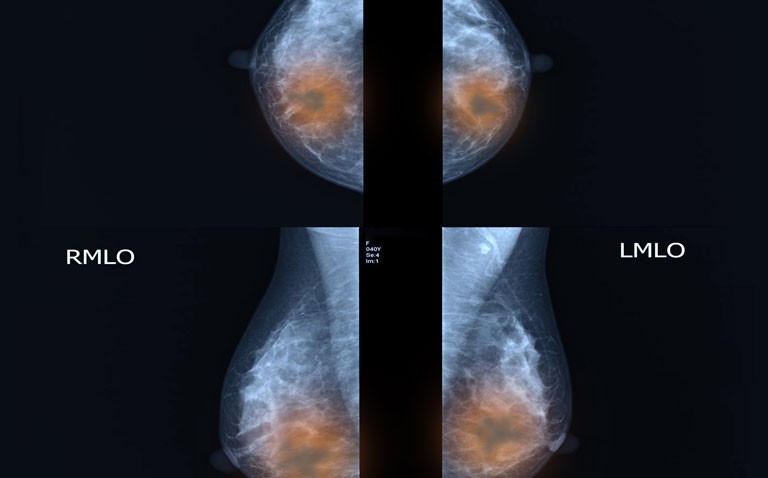A deep learning breast MRI distinguished normal and benign cases in women with dense breasts and might be a useful future triage tool.
The risk of breast cancer is increased among women with more dense breasts and the use of mammography can often miss cases in women with denser breasts. In a 2019 trial it was found that the use of supplementary breast MRI screening in women with dense breasts, lead to the diagnosis of significantly fewer interval cancers than mammography alone. However, screening programmes involve a huge number of women and many breast MRI scans of women with dense breasts show normal anatomical and physiological variation and therefore may not require radiological review.
A team from the Department of Radiology, University of Utrecht, therefore wondered if it was feasible to use an automated deep learning (DL) system for breast MRI screening to triage out normal scans without cancer to reduce the workload of radiologists. The team undertook a secondary analysis of data obtained from the prospective Dense Tissue and Early Breast Neoplasm Screening (DENSE) trial and the DL system was trained on left and right breasts separately and the results combined so that it was able to to differentiate between breasts with and without lesions. The performance of the DL system was assessed using the receiver operating characteristics (ROC) curves.
Findings
A total of 4581 breast MRI examinations of extremely dense breasts from 4581 women with a mean age of 54.3 years were included in the analysis. Of these 9162 breasts, 838 had at least one lesion, of which 77 were malignant. The area under the ROC curves in differentiating between a normal breast MRI and an examination with lesions was 0.83 (95% CI 0.80 – 0.85). The DL system considered that 90.7% (95% CI 86.7 – 94.7) of the MRI examinations with lesions were considered to be non-normal and would therefore be triaged to a radiologist review. In addition, the DL system dismissed 39.7% of the MRI examinations without lesions but did not miss any cases of malignant disease.
Commenting on their findings, the authors recognised a limitation in that their results were from the first round of the DENSE trial and that the number of lesions detected in subsequent screening rounds was smaller. Thus, they planned to further validate the performance of the model on data from subsequent rounds. The authors also suggested that future trials need to focus on demonstrating that the DL system is at least as effective as an expert radiologist at dismissing normal MRI examinations.
Citation
Verburg E et al. Deep Learning for Automated Triaging of 4581 Breast MRI Examinations from the DENSE Trial. Radiology 2021










